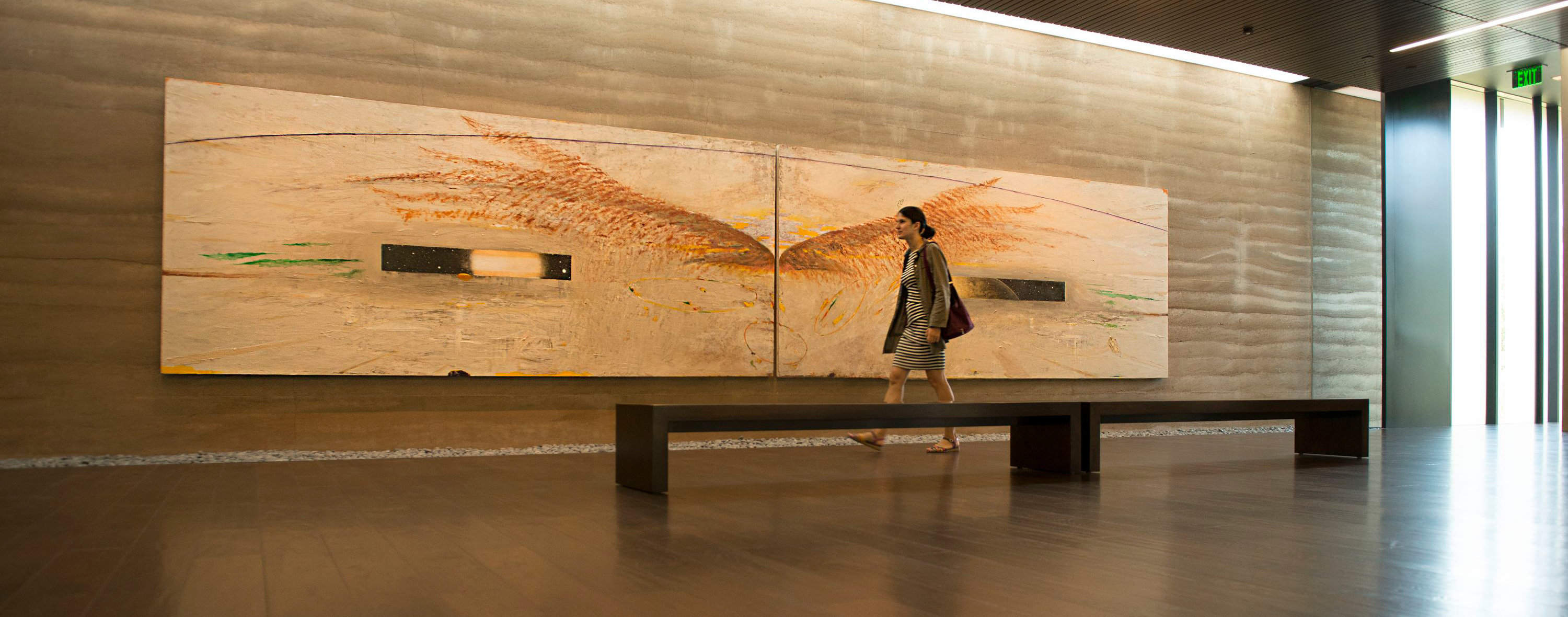How to File an Appeal
Basis for Appeal
A student found responsible by a Judicial Panel for violating the Honor Code, Fundamental Standard, or other university policy may file an appeal under one or more of the following five limited bases of appeal:
- Demonstration of a significant procedural error
- The availability of compelling new evidence
- Demonstration of bias on the part of a member of any Judicial Panel involved in the case
- Misconduct on the part of the Judicial Officer or the Judicial Advisor, or
- Demonstration that any right of the accused enumerated in the Judicial Charter have been violated
Appeal Timeline
- The deadline to file an appeal is one month (30 days) from the date a responding student is notified of the outcome of the hearing.
- All documentation in support of an appeal must be submitted with the appeal by the deadline.
- The Office of Community Standards (OCS) will make every effort to respond officially within 20 days of receipt.
- If desired, a responding student may submit a counter-response—addressing only points raised in the official OCS response—within ten days of the official OCS response.
- The Final Appeals Panel hearing will be scheduled for the earliest possible date after these deadlines.
Format for Appeal
The appeal should use the coversheet available for download: Appeal Coversheet (PDF)
What Happens Next?
Once the appeal has been submitted the Office of Community Standards will respond in writing. The appellant will receive a copy of the written response and have the opportunity to submit a written counter-response. The staff member facilitating the appeal will appoint a Final Appeals Panel and schedule a hearing for the earliest possible date. The same bias check practices and procedures as used in the original hearing will be followed for the Final Appeals Panel.
The staff member facilitating the appeal will submit to the Panel all documentation relevant to the claim, including the appeal and supporting materials, the OCS response to the appeal, and the student’s counter-response. Documentation from the original hearing and other materials as appropriate and relevant to the ground(s) for the appeal will also be available.
At its discretion, the Final Appeals Panel may choose to decide the matter on the submitted materials only or elect to include live testimony from the appellant and/or other witnesses. Deliberations of the Final Appeals Panel are confidential. The appellant will be notified of the Final Appeals Panel decision following the conclusion of deliberations.
The Appeal Panel has the following options:
- To deny the appeal.
- To return the case to the original Judicial Panel.
- To convene a new Judicial Panel to rehear the case.
- To reduce the sanctions.
- To dismiss the original charges.
In Cases of Recommended Expulsion
If a Judicial Panel recommends expulsion from the university, the responding student has the right to file an appeal only within 30 days from the date the responding student is notified of the outcome of the hearing. If the student voluntarily waives this right, if 30 days elapsed from the time the panel entered its recommendation, or if the Final Appeals Panel denies the appeal, then the recommendation of expulsion will be automatically forwarded to the provost. The provost has sole discretion to support the recommendation of expulsion or impose lesser sanctions.
Please call 650.725.2485 or email with any questions or requests for additional information.
